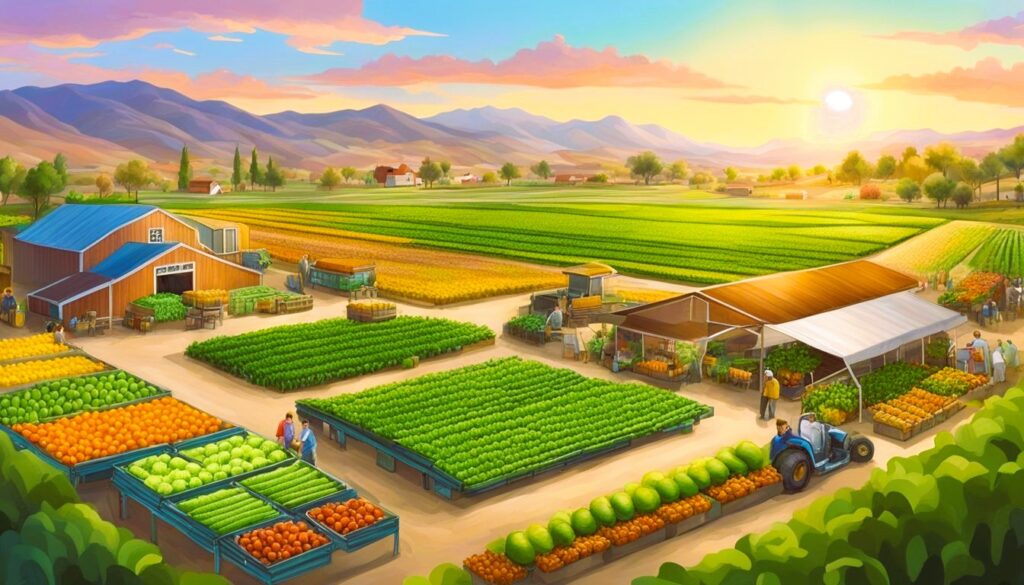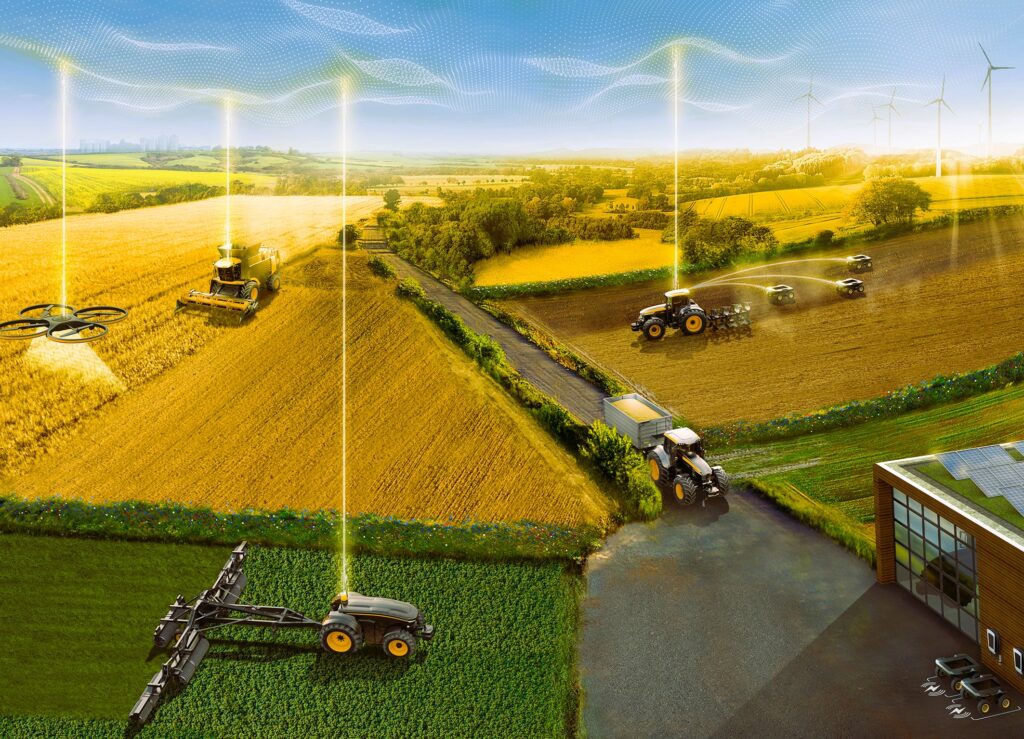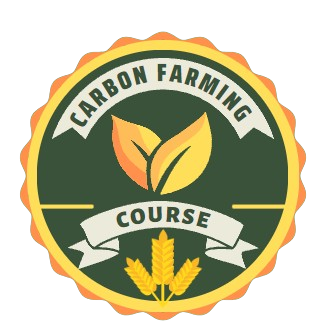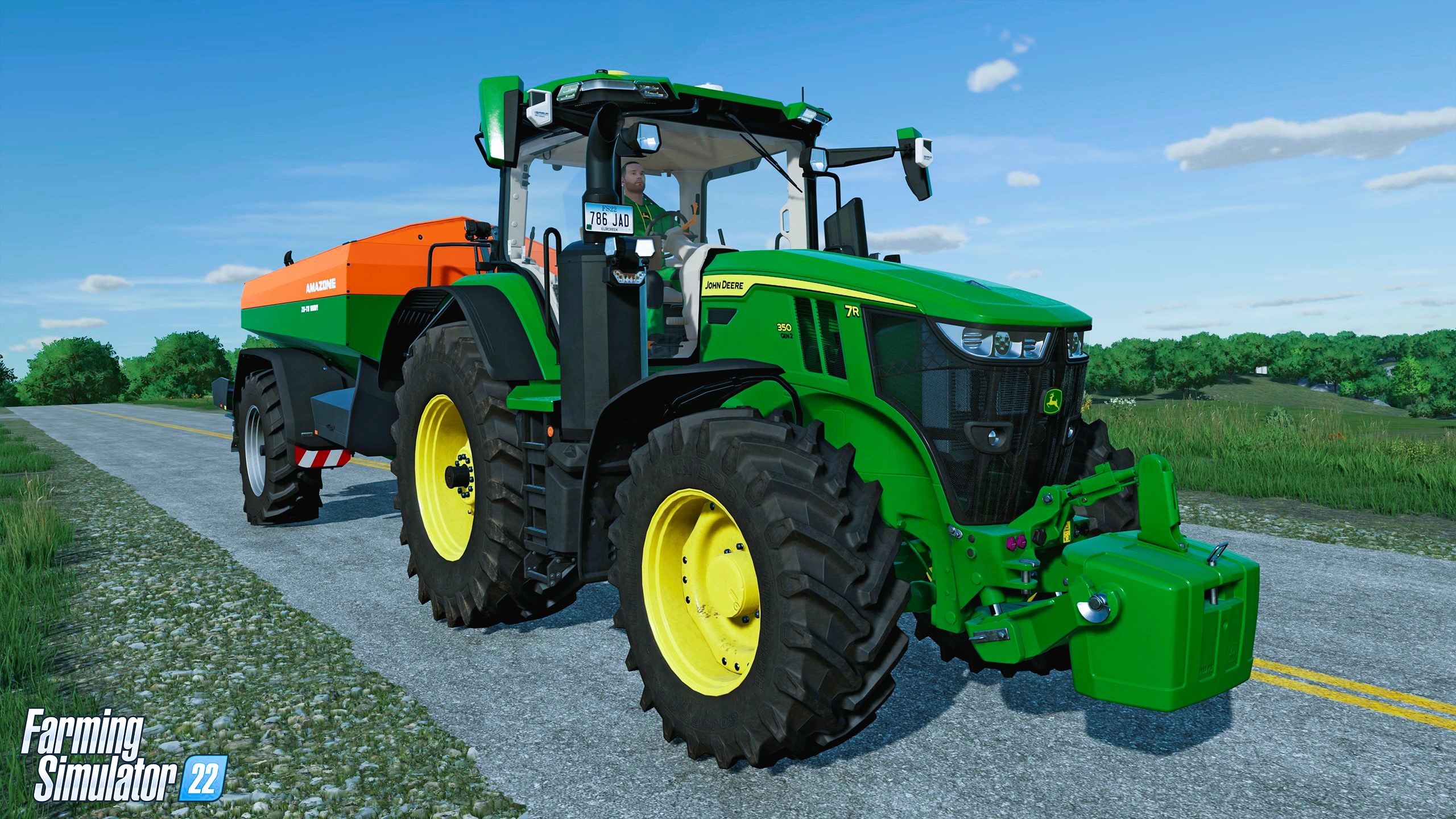Farming Simulator has long been a beloved franchise among gamers who have a passion for agriculture and farming. With its realistic simulation of farming activities and machinery, players can immerse themselves in the world of agriculture from the comfort of their own homes. But beyond just being a fun game, Farming Simulator also provides an opportunity to explore and learn about sustainable agricultural practices.
The Importance of Sustainable Agriculture
Sustainable agriculture is essential for the long-term health and viability of our planet. It involves practices that minimize environmental impact, conserve natural resources, and support the economic viability of farms. With the growing awareness of climate change and environmental degradation, there is an increasing emphasis on the importance of sustainable farming practices.
In Farming Simulator, players have the opportunity to engage with and implement these practices in a virtual environment. From crop rotation to soil conservation, there are various ways in which players can simulate sustainable farming methods and learn about their real-world applications.
Crop Rotation and Soil Health

One of the fundamental principles of sustainable agriculture is crop rotation. This involves alternating the types of crops grown in a particular field over successive seasons. By rotating crops, farmers can reduce the buildup of pests and diseases, improve soil fertility, and enhance overall crop yield.
In Farming Simulator, players can experiment with different crop rotation strategies and observe the effects on their virtual farms. By rotating crops such as wheat, corn, soybeans, and potatoes, players can simulate the benefits of diversified farming practices and gain a better understanding of their importance in real-world agriculture. Did you like our article? Read also the article From field to fork.
Conservation Tillage and Soil Conservation
Conservation tillage is another key aspect of sustainable agriculture that players can explore in Farming Simulator. Unlike traditional plowing methods, conservation tillage techniques aim to minimize soil disturbance and erosion while preserving soil structure and moisture.
By using no-till or reduced tillage methods in the game, players can simulate the benefits of conservation tillage practices and observe how they impact soil health and productivity. By reducing soil erosion and runoff, conservation tillage helps to protect water quality and maintain the long-term sustainability of agricultural land.
Integrated Pest Management
Integrated pest management (IPM) is a holistic approach to pest control that emphasizes the use of multiple strategies to minimize pesticide use and reduce environmental impact. In Farming Simulator, players can implement IPM techniques such as crop rotation, biological control, and cultural practices to manage pests and diseases on their virtual farms.

By employing a combination of strategies, players can simulate the benefits of integrated pest management and learn how to effectively control pests while minimizing harm to the environment and beneficial organisms.
Farming Simulator provides a valuable platform for exploring and experimenting with sustainable agricultural practices in a virtual setting. By simulating real-world farming scenarios and techniques, players can gain insights into the importance of sustainability in agriculture and learn how to implement these practices on their own farms.
As awareness of environmental issues continues to grow, the role of sustainable agriculture in ensuring food security and environmental stewardship has never been more important. By engaging with Farming Simulator and exploring sustainable farming practices, players can play a role in promoting a more sustainable future for agriculture and our planet.
For more information on sustainable agriculture, visit Wikipedia.

